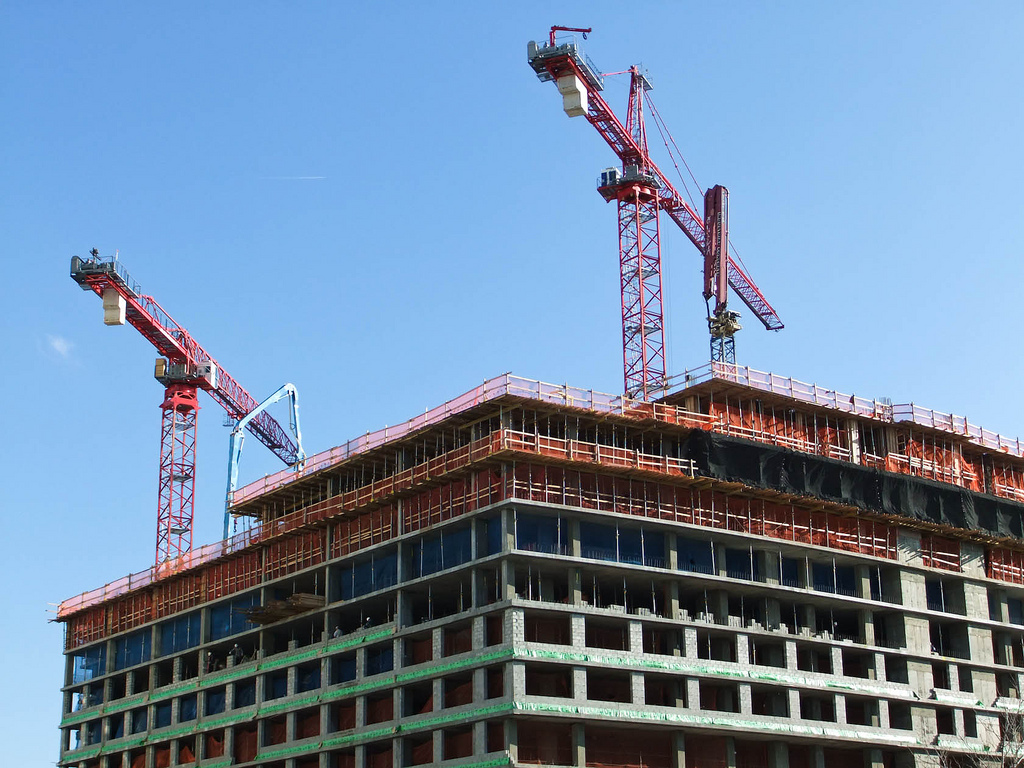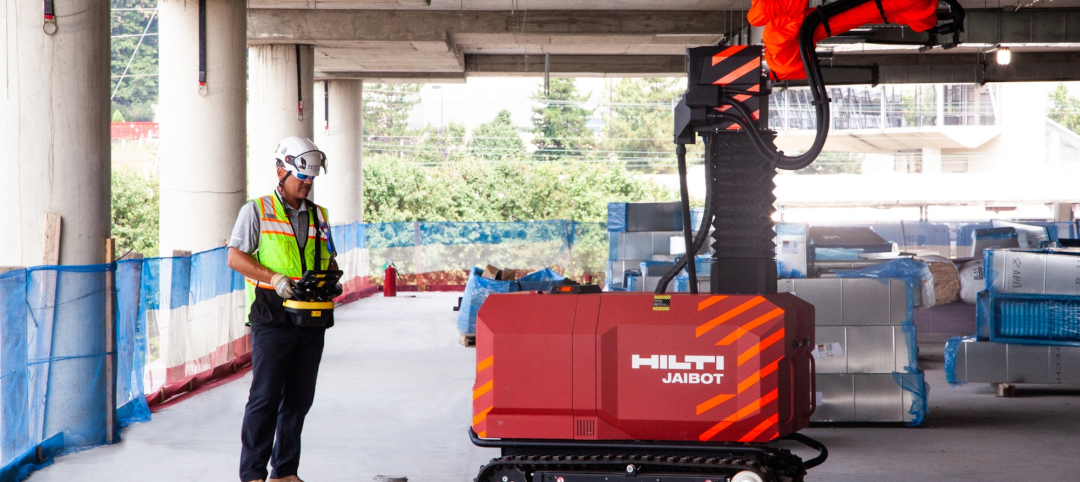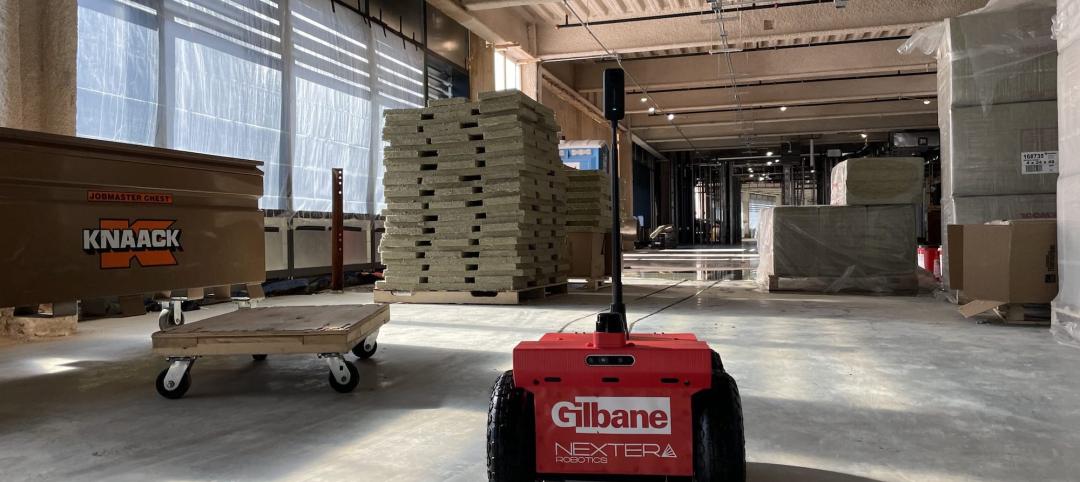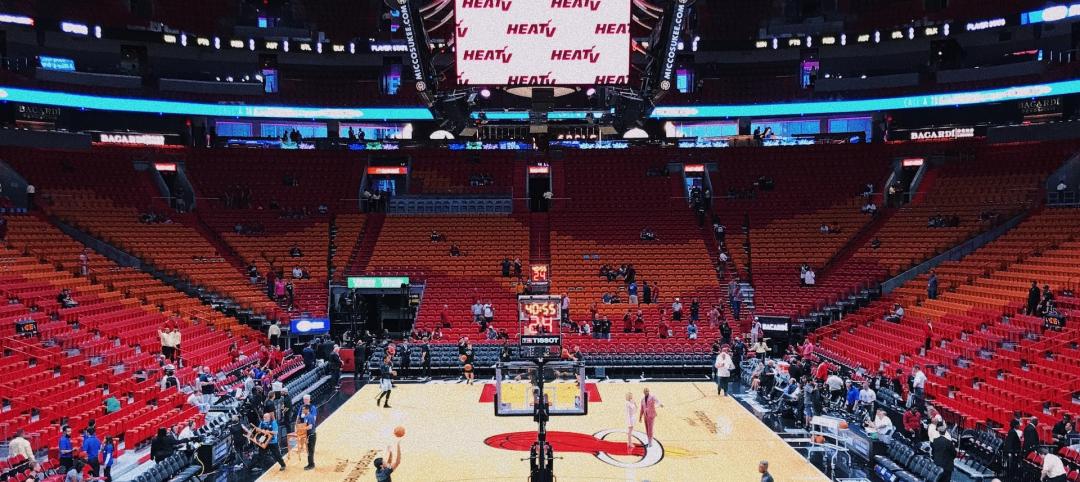The nonresidential construction sector continues at a steady pace despite a slight decline, according to the FMI Nonresidential Construction Index Report (NRCI) for Q3 2015. The index reflects the observations of a sample of the nation's construction industry executives.
FMI’s NRCI for Q3 2015 dropped 1.3 points to 63.6 from the previous reading of 64.9 in Q2. While the NRCI component for the overall economy dropped 6.3 points to 70.6 points this quarter, which is down from its peak, this component still indicates that panelists remain bullish about the economy.
Similarly, indicators for the economies where panelists do the most business stood at 73.3, indicating a strong outlook despite a slight 3.4 points slip from last quarter.
Highlights from the NRCI point to diverse forces driving the industry as we enter the last quarter of the year:
- Panelists’ Construction Business. Panelists’ views on their businesses are solidly positive with little changed from the last quarter.
- Nonresidential Building Construction Market. Although the nonresidential building construction market where panelists do business slipped 1.4 points to 75.0, this NRCI component remains in the optimistic range.
- Expected Change in Backlog. The measure of expected change in backlog dropped 3.1 points this quarter to reach 68.8, while current backlog remains at a solid 10 months.
- Cost of Construction Materials and Labor. The cost of labor continues to rise, though not greatly changed from the last quarter, at 12.5. Materials costs continue to be high, but slightly lower than last quarter. Both labor and material costs act to hold down the overall NRCI as costs increase.
- Productivity Low. The productivity component stands at 47.6, the lowest since 2008. Executives surveyed report difficulties in maintaining productivity while squeezed by rising material and labor costs.
International Debt Impacts
The NRCI Q3 report tallies executives’ opinions on the potential impact of the Greek debt crisis on their businesses. A third of respondents indicated no immediate or long-term impact was likely for their businesses, 25% were unsure and only 2% surveyed expected they would have to adjust their strategic plans to deal with the uncertain economy.
Business Changes Since Recession
All sectors within the construction industry continue their recovery since the financial crisis, as companies make adjustments to their businesses in the intervening recession. The NRCI Q3 report summarizes how business adapted during the recession. Among the strategies employed, greater selectivity regarding projects and clients tops the list, followed closely by greater use of technology for their businesses to drive productivity, stronger risk management, heightened productivity, and incorporating global geopolitical and economic conditions in decision making.
The full report is available here.
Related Stories
Giants 400 | Nov 14, 2022
4 emerging trends from BD+C's 2022 Giants 400 Report
Regenerative design, cognitive health, and jobsite robotics highlight the top trends from the 519 design and construction firms that participated in BD+C's 2022 Giants 400 Report.
Contractors | Nov 14, 2022
U.S. construction firms lean on technology to manage growth and weather the pandemic
In 2021, Gilbane Building Company and Nextera Robotics partnered in a joint venture to develop an artificial intelligence platform utilizing a fleet of autonomous mobile robots. The platform, dubbed Didge, is designed to automate construction management, maximize reliability and safety, and minimize operational costs. This was just one of myriad examples over the past 18 months of contractor giants turning to construction technology (ConTech) to gather jobsite data, manage workers and equipment, and smooth the construction process.
University Buildings | Nov 13, 2022
University of Washington opens mass timber business school building
Founders Hall at the University of Washington Foster School of Business, the first mass timber building at Seattle campus of Univ. of Washington, was recently completed. The 84,800-sf building creates a new hub for community, entrepreneurship, and innovation, according the project’s design architect LMN Architects.
Giants 400 | Nov 9, 2022
Top 50 Data Center Contractors + CM Firms for 2022
Holder, Turner, DPR, and HITT Contracting head the ranking of the nation's largest data center contractors and construction management (CM) firms for 2022, as reported in Building Design+Construction's 2022 Giants 400 Report.
Giants 400 | Nov 8, 2022
Top 110 Sports Facility Architecture and AE Firms for 2022
Populous, HOK, Gensler, and Perkins and Will top the ranking of the nation's largest sports facility architecture and architecture/engineering (AE) firms for 2022, as reported in Building Design+Construction's 2022 Giants 400 Report.
Giants 400 | Nov 8, 2022
Top 60 Sports Facility Contractors and CM Firms for 2022
AECOM, Mortenson, Clark Group, and Turner Construction top the ranking of the nation's largest sports facility contractors and construction management (CM) firms for 2022, as reported in Building Design+Construction's 2022 Giants 400 Report.
Industry Research | Nov 8, 2022
U.S. metros take the lead in decarbonizing their built environments
A new JLL report evaluates the goals and actions of 18 cities.
Hotel Facilities | Nov 8, 2022
6 hotel design trends for 2022-2023
Personalization of the hotel guest experience shapes new construction and renovation, say architects and construction experts in this sector.
Green | Nov 8, 2022
USGBC and IWBI will develop dual certification pathways for LEED and WELL
The U.S. Green Building Council (USGBC) and the International WELL Building Institute (IWBI) will expand their strategic partnership to develop dual certification pathways for LEED and WELL.
Reconstruction & Renovation | Nov 8, 2022
Renovation work outpaces new construction for first time in two decades
Renovations of older buildings in U.S. cities recently hit a record high as reflected in architecture firm billings, according to the American Institute of Architects (AIA).

















